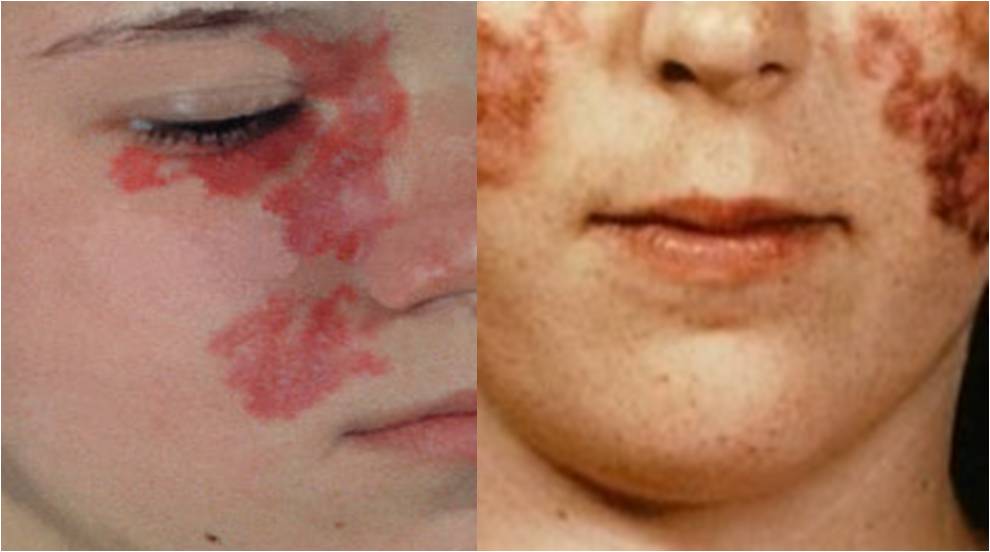
Systemic Lupus Erythematosus (SLE) Treatment
What is SLE? SLE is abbreviated for Systemic Lupus Erythematosus. Lupus is an autoimmune disease characterized by acute and chronic inflammation of various tissues of the body. Autoimmune diseases are illnesses that occur when the body’s tissues are attacked by its own immune system. How it Happen? The immune system is a complex system within […]
